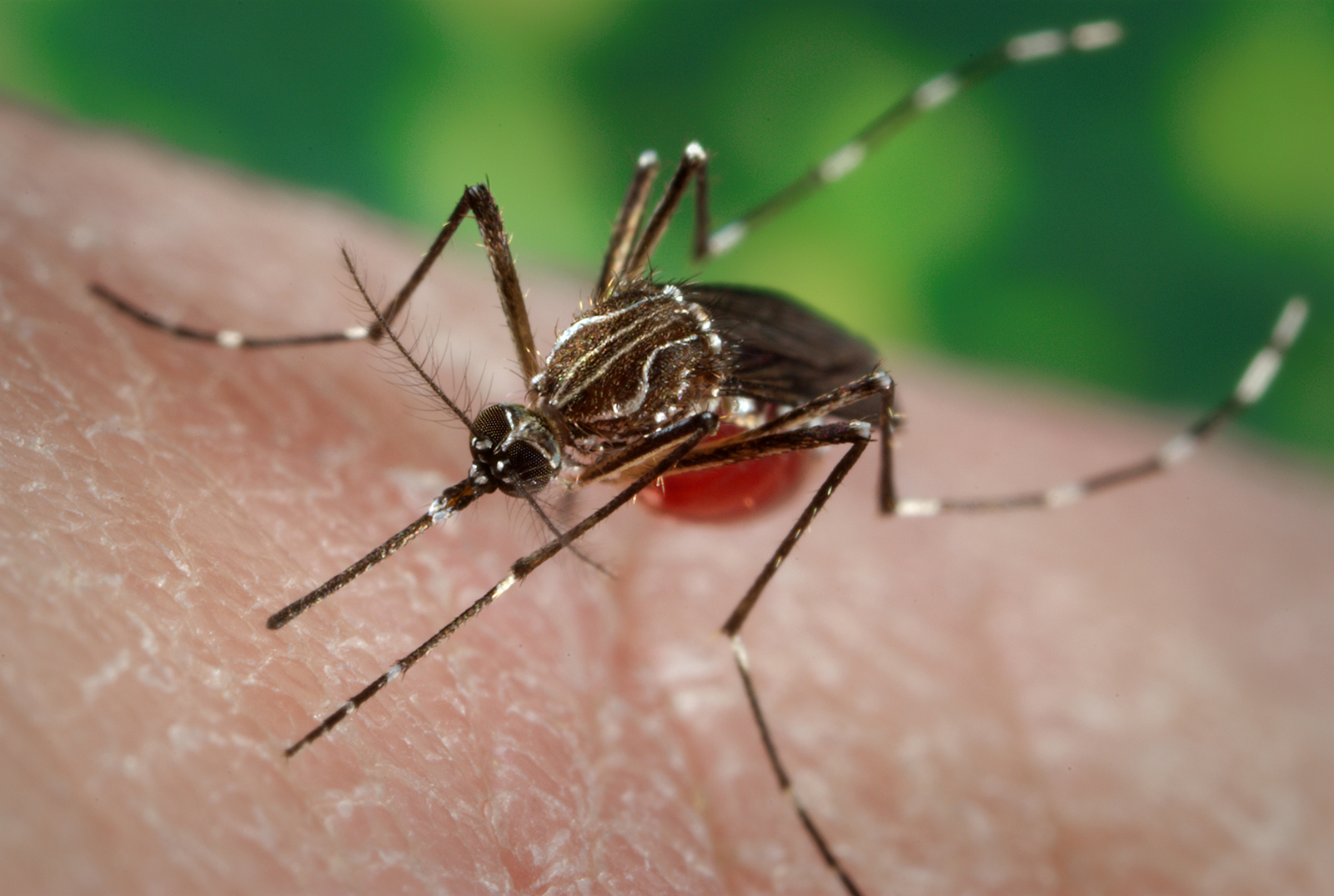One confirmed case of Dengue in Grand Cayman

DF and DHF are caused by one of four closely related, but antigenically distinct virus serotypes (DEN-1, DEN-2, DEN-3, and DEN-4) of the genus Flavivirus. Infection with one of these serotypes provides immunity to only that serotype for life, so persons living in a dengue-endemic area can have more than one dengue infection during their lifetime.
From Ministry of Health and the MRCU
Officials from the Ministry of Health, along with the Mosquito Research and Control Unit, wish to advise the public of one confirmed case of Dengue for a Cayman Islands resident who had no recent travel history, and the steps persons can take to avoid Dengue.
Dengue, which causes cyclical outbreaks every three years or so, is an infectious disease that can be deadly. It is a virus which is transmitted by the bite of Aedes aegypti and Aedes albopictus mosquitos. It can be transmitted from person to person by these mosquitos, and symptoms may come on as early as four days or as late as three weeks following an infection. There is no vaccine or specific medication to treat dengue, and people travelling to known dengue endemic countries should take preventative measures such as using a repellent, wearing protective clothing and staying indoors during early dawn and dusk when mosquitoes are most active. If a person who was infected with dengue in the past is infected a second time, the potential is increased for dengue haemorrhagic fever or shock syndrome to develop, which is a more severe, life-threatening form of the disease.
Dr Samuel Williams, Medical Officer of Health advises, “the best way to avoid dengue is to protect yourself from mosquito bites”.
Dengue infection is characterized by high fever, headache, pain behind the eyes, joint and muscle pain, and rash (may not be visible on dark-skinned persons). If you have any of these symptoms you should go to the nearest health centre or hospital, do not take any medication that contains Aspirin, and drink lots of liquids. You should also encourage neighbours and family members to go to the nearest health centre or hospital if they or their family members have these symptoms.
The Mosquito Research Control Unit (MRCU) undertakes constant surveillance, and periodic physical, biological and chemical control to reduce the numbers of Aedes aegypti and Aedes albopictus mosquitos. However, the public’s engagement in controlling the places that mosquitos breed is vital to keeping insect numbers as low as possible.
- After a rainstorm, quickly remove stagnant water in outdoor and household settings to stop mosquitoes from breeding.
- As a weekly habit, you should change the water in vases, clear the water in saucers under potted plants, and ensure air-conditioner drip trays are free of stagnant water.
- Outdoor objects capable of holding water should be kept empty, and preferably disposed of or put into dry storage if not being used: think about open bottles and tins, watering cans, buckets, empty paint tins and old vehicle tyres.
The Minister for Health Hon. Dwayne Seymour also reminded residents that maintaining a healthy, clean environment with few breeding sites will keep yourself, your family and your community safe.
For more information, call the Public Health Department on 244–2889 or 244-2621
or Faith Hospital on 948-2243.
For advice on mosquito control measures contact the MRCU on 949-2557 or DEH on 949-6696 or 948-2321 in Cayman Brac.
For more information regarding dengue, persons may visit the following link: https://www.cdc.gov/features/avoid-dengue/index.html





